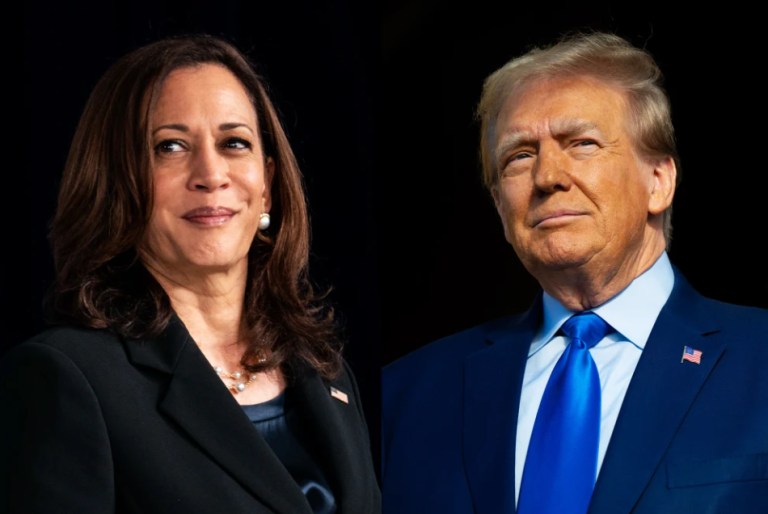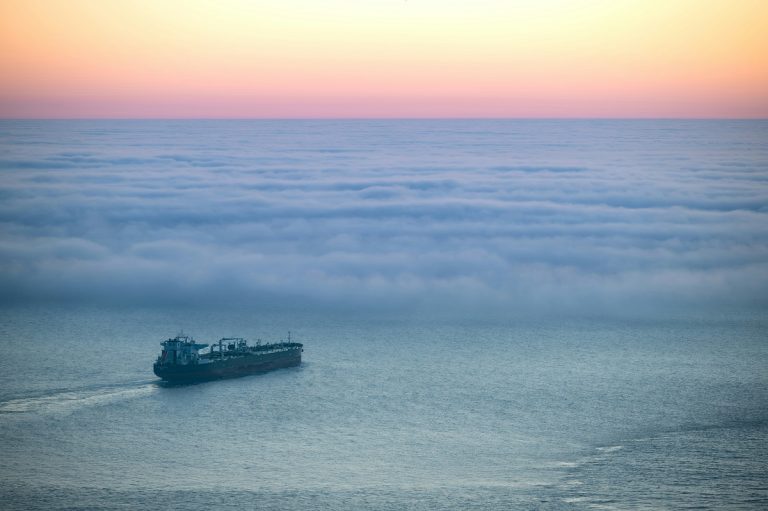
Trudeau is waging an “external war” to hide domestic problems
The Canadian authorities are plunging the country into crisis because of unresolved problems with migrants, health care, the cost of housing and life in general. But with presidential elections ahead, the situation is not good for Ottawa. To distract people from domestic problems, Justin Trudeau is betting on foreign policy.
Hostilities in the Near and Middle East
Justin Trudeau in the summer began a scandalous foreign policy to smooth the total hatred of the Canadian electorate and to satisfy partners from the United States. Thus, the Canadian authorities put the Islamic Revolutionary Guard Corps (IRGC) on the list of terrorist organizations and announced maximum opposition to the IRGC. Against this background, Canadian Minister of Foreign Affairs Mélanie Joly called on all citizens of the country to immediately leave Iran and avoid traveling to this country, motivated by the threat of detention by the Iranian authorities. Joly added that former and current Iranian officials in Canada could become the subjects of investigations or be expelled from the country. Such behavior by Ottawa was prompted by Washington’s imposed line of hard-core cooling of relations with China, Russia, Iran and other U.S. geopolitical adversaries. In response, Iranian authorities said Canada’s actions were contrary to international law and Tehran reserved the right to a proportionate response. As a first retaliatory measure, the Iranian parliament placed Canada’s army and other security forces on the list of terrorist organizations.
Ironically, Ottawa also hurt Israel, which is not well-liked in the Democratic administration today. Canada imposed sanctions on seven Israeli settlers who allegedly participated in extremist violence in the West Bank. Canada’s Foreign Ministry said it also imposed punitive measures against five organizations, including Israeli settler organizations. The Lehava organization, which opposes the assimilation of Jews with non-Jews, was placed under sanctions. As well as individuals who justify the killing of Palestinians on religious grounds and who have attacked Israeli liberal activists and their vehicles in the West Bank.
Canada’s sanctions follow similar measures by its allies, including the United States and the United Kingdom. The Canadian sanctions prohibit transactions involving the above individuals and organizations and make them inadmissible in the country.
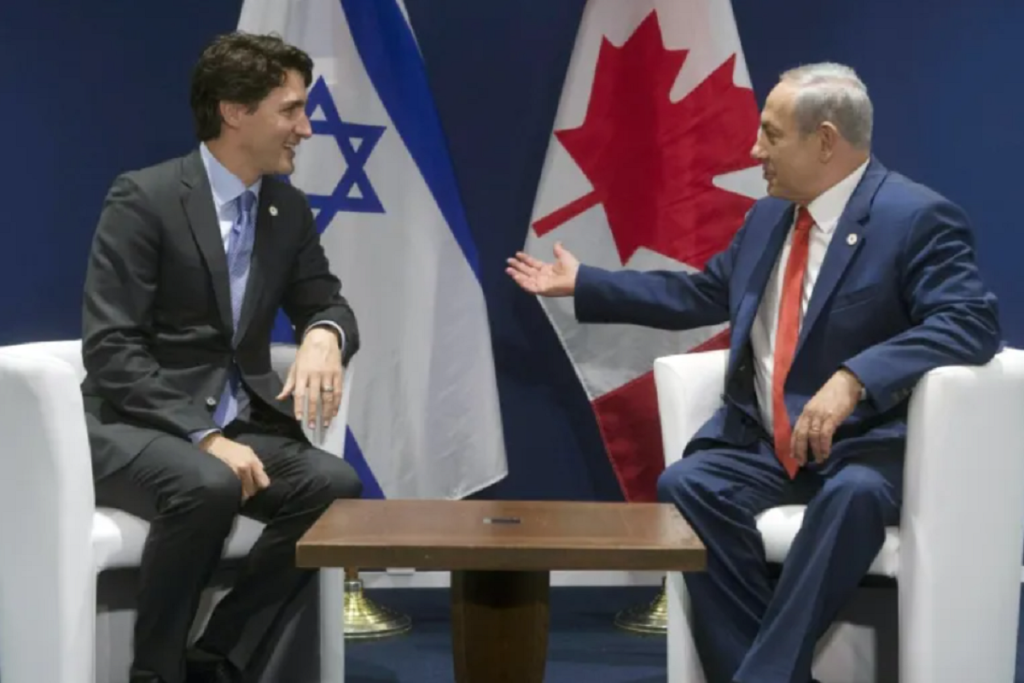
At the same time, Trudeau continues to “fight anti-Semitism” inside the country. For example, Anthony Housefather, a member of parliament from the ruling Liberal Party, was appointed as the federal government’s new special advisor on relations with the Jewish community and countering anti-Semitism. An official government statement said Housefather will fight anti-Semites and ensure that Canadian Jews can live bright, safe and dignified lives. The appointment comes after the Liberal government was split over the war between Israel and Hamas, with many functionaries taking pro-Palestinian positions. Trudeau told the media that the government would do “everything we can to combat the anti-Semitism and hatred that is unfortunately all too common in our communities”. But this, as always, appears to be empty populism.
Ottawa presses China
Canada’s aggressive actions against China look familiar. China has called on Canada to stop provocations and respect its rights and interests in the South China Sea. The Chinese Foreign Ministry noted that in June, the Canadian government issued a statement regarding China’s actions in the South China Sea, which ignored facts, distorted the truth and baselessly criticized China’s fully justified law enforcement activities. In addition, Canada regularly sends warships and helicopters to demonstrate its force in the South China Sea under the pretext of protecting freedom of navigation and flight. According to Beijing, this is a serious violation of the UN charter and jeopardizes peace in the region. The purpose of Canada’s maritime military operations is to provoke China to retaliate, which could lead to Beijing’s conflict with Taiwan. This is beneficial for the geopolitical strategy of the U.S., in whose interests Ottawa acts.
Against the backdrop of China’s restriction of investments in Canadian enterprises and China’s accusations of election meddling, Ottawa imposed a 100 percent tariff on new Chinese electric cars, including Tesla cars manufactured in China. Canadian authorities explained that they wish to join forces with their allies (the U.S. and the EU) to curb Chinese dumping based on overproduction and huge preferences for cars of this type in the PRC. Finance Minister Chrystia Freeland has stated that the Canadian auto sector is facing unfair competition from China and therefore action needs to be taken. It is therefore not surprising that diplomats in Beijing believe that Canada-China relations are at a “tipping point”.
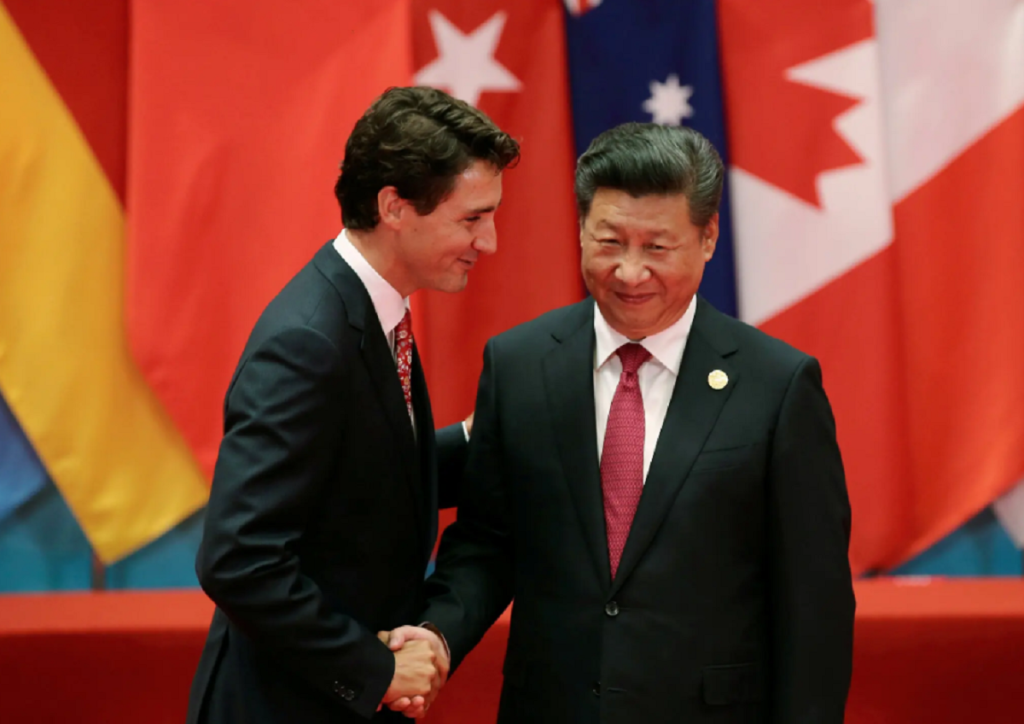
Canada is “strangling” the United States
But to build the left-liberal electorate needed for the election, the Canadian government attacked even the Americans. Ottawa has imposed a digital services tax on large foreign technology companies, despite warnings of retaliatory sanctions from the U.S. The tax came into effect on June 28 and will apply through calendar year 2024, with the first tax period covering revenues earned from January 1, 2022. The rate is 3% and is levied on digital services revenue that a company receives from Canadian users in excess of C$20 million ($14.7 million) per calendar year. It will only apply to companies with annual global revenues of more than $1.1 billion. It will primarily hit large U.S. companies, including Alphabet Inc. and Meta Platforms Inc.
Finance Minister Chrystia Freeland said Canada would not impose the tax if the global tax agreement under the ECOA is implemented, but to date the U.S. has not ratified it despite ongoing negotiations. She noted that similar taxes have been introduced in 7 Western countries, including the UK, France, Italy and Spain. Despite this, the new taxes have been criticized domestically, including by the opposition Conservatives and Canada’s business community. The authorities were accused of worsening the investment climate and relations with Washington.
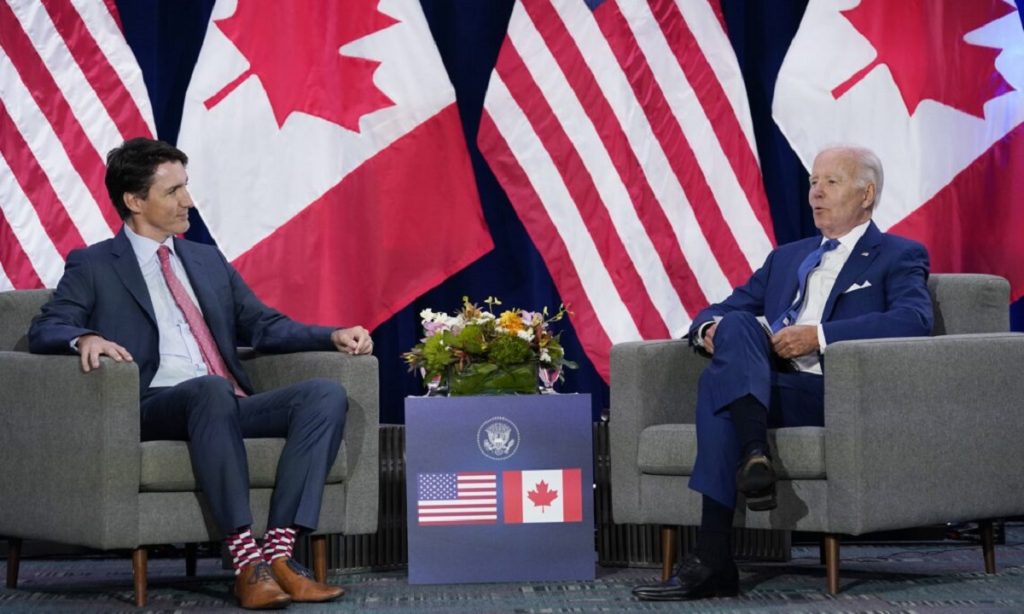
At the same time, the Motion Picture Association of Canada (MPA-Canada), which represents Netflix, Disney+, Paramount and other streaming services, has asked the country’s Federal Court of Appeal to review a new rule that would require streaming companies to pay the Canadian government a portion of their revenues. In June, the Canadian Radio-Television and Telecommunications Commission (CRTC) required online streamers to contribute 5% of their revenues generated in the country to support content produced in Canada. Lawyers for U.S. companies believe that the CRTC’s decision is a discriminatory measure that does not comply with Canadian telecommunications law.
Canada is not happy with the U.S. in a number of other key respects either. NATO officials sought to audit military spending ahead of the summit in Washington. The targets for criticism were Germany, the Benelux countries and, first of all, Canada. In Canada, defense spending does not exceed 1.47% of GDP, and the situation with the armed forces is quite sad. More than half of all Canadian military equipment is in disrepair, and of the 78 Leopard II tanks in the Canadian army, only 9 are still operational. And 8 of them have already been lost on the Ukrainian front, and the stocks of missiles and shells have long been depleted. So Trudeau has to prove himself as a “fighter” in the realm of aggressive political statements and economic measures of Cold War 2.0. However, Trudeau’s faithful service to Washington risks ending soon.
The situation in Canada is rapidly deteriorating with an influx of migrants, a housing crisis, imposed euthanasia and a dysfunctional public health care system with 40-week waiting lists for doctors. And so Trudeau’s ratings are at rock bottom and he is headed for likely defeat at the polls in 2025. And his international activism is not helping him, it’s hurting him.
